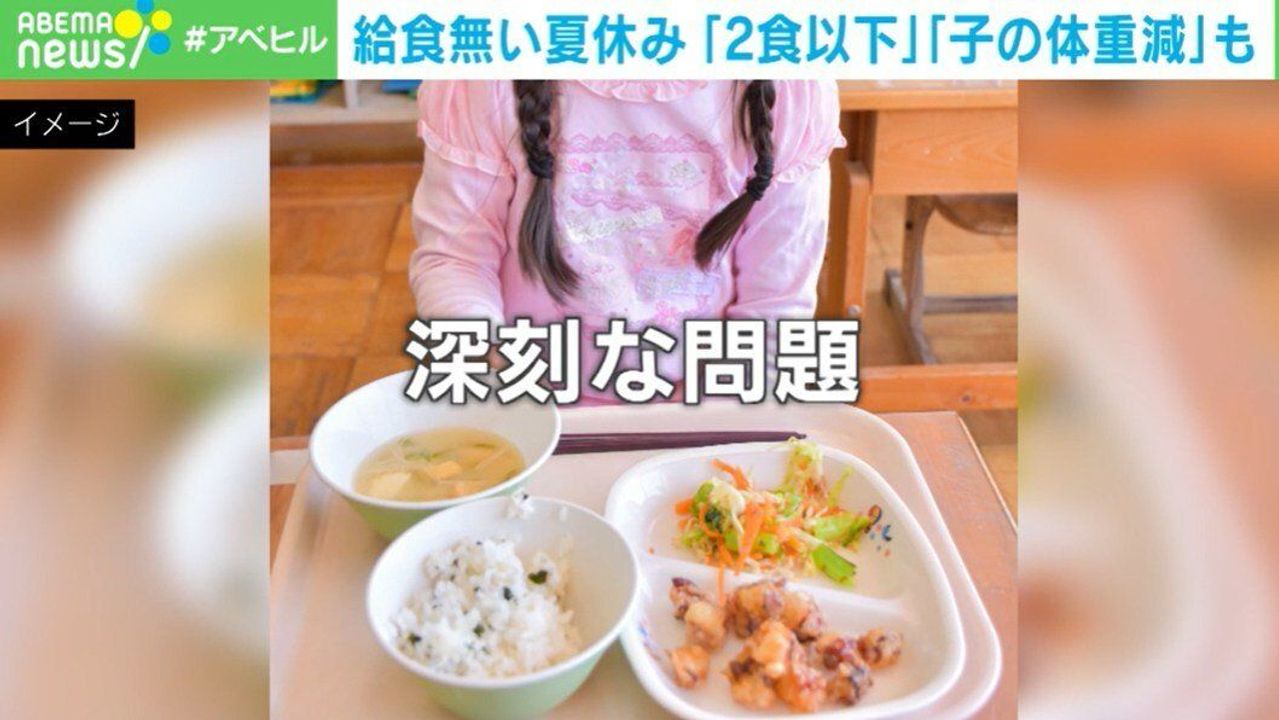Concerns are rising in Japan over the prevalence of children receiving fewer than two meals a day during holiday periods. Although the exact reasons are yet to be explored, the potential causes may include economic hardship or lack of caregiver attention. With the issue gaining attention, relevant authorities and organizations are evaluating strategies to address this growing problem.
Japan is a society deeply concerned with the welfare of its youngest citizens. The issue of children having fewer meals can lead to serious conversations about social security, child welfare, and parental responsibilities. The issue could be seen as reflective of broader societal problems, such as the economic disparity or societal pressure.
In the US or EU, food insecurity is a known issue that often intersects with poverty and social inequality. Along with government assistance, there are numerous charities and food banks dedicated to providing meals for those in need during the holiday season and beyond. Japan facing a similar issue shows that it is indeed a global problem, requiring global solutions.

